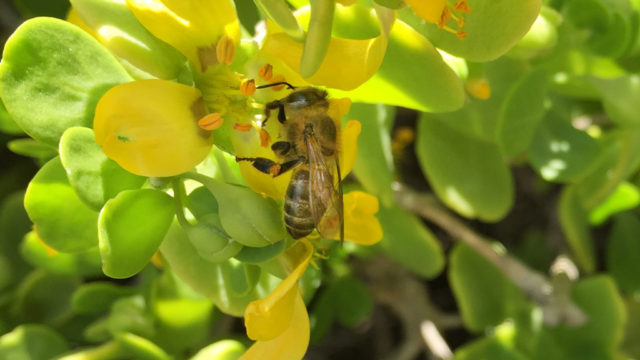
Fynbos Honey test results for 2018 exported from South Africa.
We have made our most recent tests available for anyone who might be interested in knowing what exactly has been tested. These test results were compiled by an excellent laboratory in Germany. At that time, as far as I know, some of the pesticide residue testing was not available in South Africa.
The main reason we had our honey tested was to eliminate any suspicion at the Japanese Food Quarantine station, claiming possible traces of pesticides and/or antibiotics. Chloramphenicol, Streptomycin, Tetracyclines are the main chemical tests that we figured would be required at Food Quarantine station.
A few other tests were also analyzed for example the standard Sugar Spectrum. This was tested for a different reason though. Customs officers at the Japanese port in Kobe needed to know if the honey has been mixed with other substances or other sugars in order for them to apply the correct import tax. Moisture, Starch and Hydroxymethylfurfural (UMF) tests also have significance. UMF for example has a limit of 40mg/kg, ours being 2.4mg/kg. Anything above the limit would suggest that honey has been overheated or ‘cooked’. Adulterated honey is nothing more than a syrup which has had all enzymes and nutrients destroyed.
Moisture content higher than 20% will indicate that perhaps the honey has been ‘bulked up’ by adding water or perhaps some beekeepers harvested honey too early resulting in unripe honey with too much moisture still present. Starch analysis would reveal if any starch-based syrups have been added such as corn, rice, wheat etc. Adding High Fructose Corn Syrup to honey had been used in the past undetected and sold as pure honey being more profitable. Thankfully, testing standards have assured the detection in honey nowadays.
We hope this will help anyone who needs this kind of info. The laboratories we used has some additional info regarding adulteration and purity of honey and can be found at http://www.intertek.com/food/honey-authenticity/


